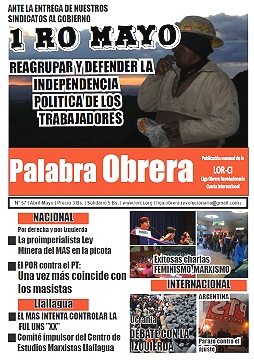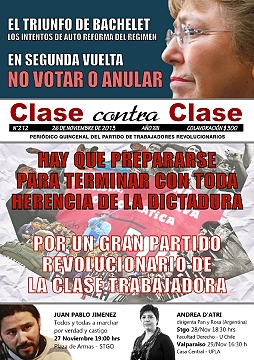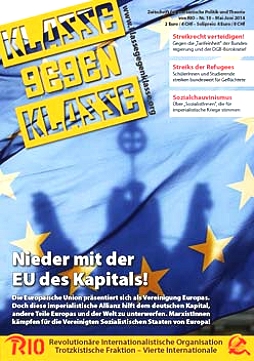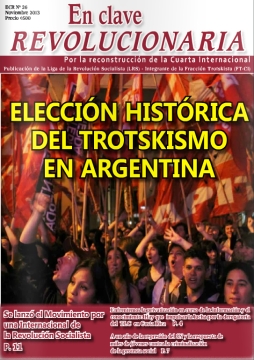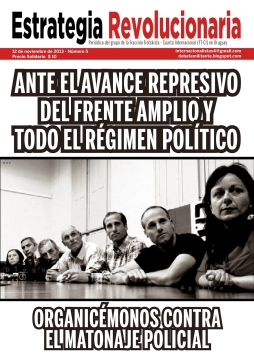European economic crisis
Italy: A strike against austerity!
03/07/2010
The (former Communist) CGIL union federation called a strike on Friday, June 25, in view of the announcement of the plan for spending cuts by Berlusconi’s government, [which was] sent to Congress, a plan that, among other things, consists of a cut of 24 billion euros between 2011 and 2013, with a big reduction in public spending and pensions, with a freeze in the wages of state workers for three years and an increase in the age of retirement to 65 years by 2016.
The CGIL strike had big demonstrations from one end of Italy to the other, in the main cities of the country: in Rome, around 40,000 people attended the demonstration; in Milan, 70,000, with the same number in Naples, and some 25,000 in Palermo, to name a few cities. The main demonstration took place in the city of Bologna, with around 100,000 demonstrators.
Public-sector workers were on strike for eight hours, and in the private sector the strike lasted four hours, and it affected mainly transport, with lots of flights canceled.
We should emphasize the demonstration in Naples, which was attended by workers from the Fiat plant at Pomigliaro d´Arco, where a referendum organized by the bosses was carried out, one which lacked the support of the FIOM metalworkers’ union, together with SlaiCobas (a rank and file union), that denounced the referendum as illegal and in violation of Italian labor law.
In reality, the referendum is true blackmail, where, in exchange for bigger investments and no loss of jobs, the firm is proposing reductions in the rights and gains of the workers. This despicable act by Fiat takes place amidst the crisis that is covering Italy and the European continent.
While the outcome of the referendum was 60% in favor of the employers’ proposal, this was not the result Fiat was hoping for: according to the FIOM union, 40% of the workers voted against, since, in spite of the campaign for a "Yes" to the agreement, which was backed by the press and had the support of other unions, the pact lacks the needed "consensus" to put the plan into practice.
With these conditions, one could state that a big group of workers are not willing to hand back their gains.
This is the real face of the bosses’ policy, which is also expressed in the austerity plan described above, so that the workers and the people pay for the crisis by losing their rights, wages and gains. Both the strike and the resistance by the Fiat workers in Naples, show that there exists a willingness to confront the austerity plans they want to impose, but at the same time it shows the impotent politics of the CGIL leadership, whose policy is that austerity should be more equitable, when, in reality, what the Italian workers’ movement has posed is a plan of struggle, to be able to put the movement on a par with the circumstances and confront these austerity plans all the way, by demanding, first of all, that the capitalists pay for the crisis.














